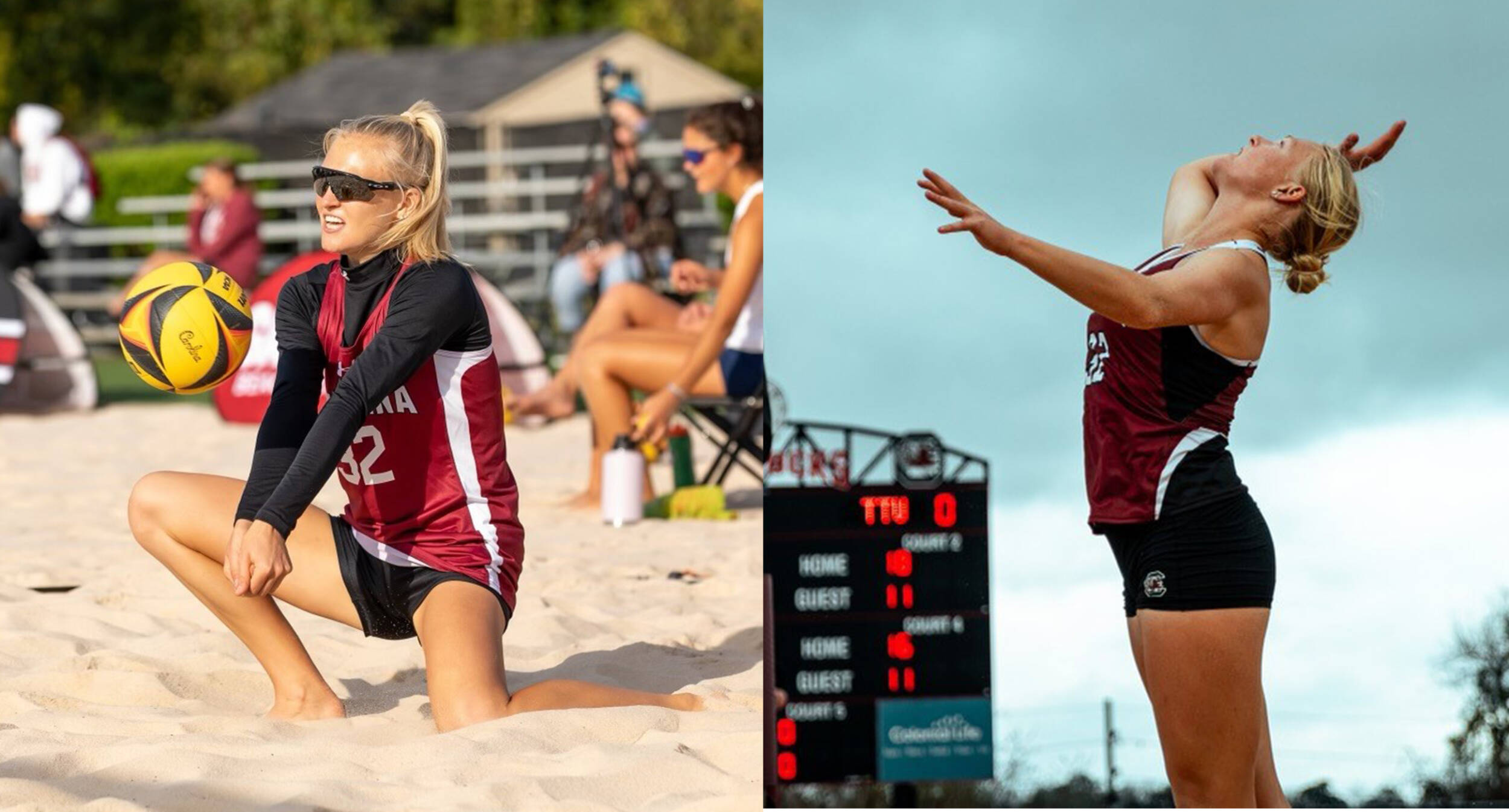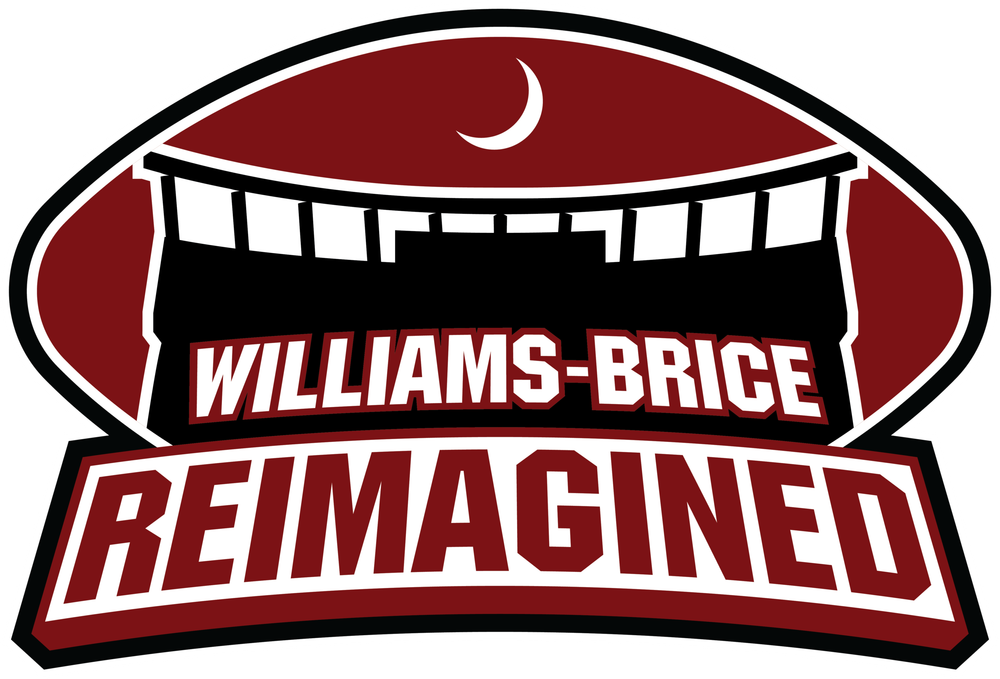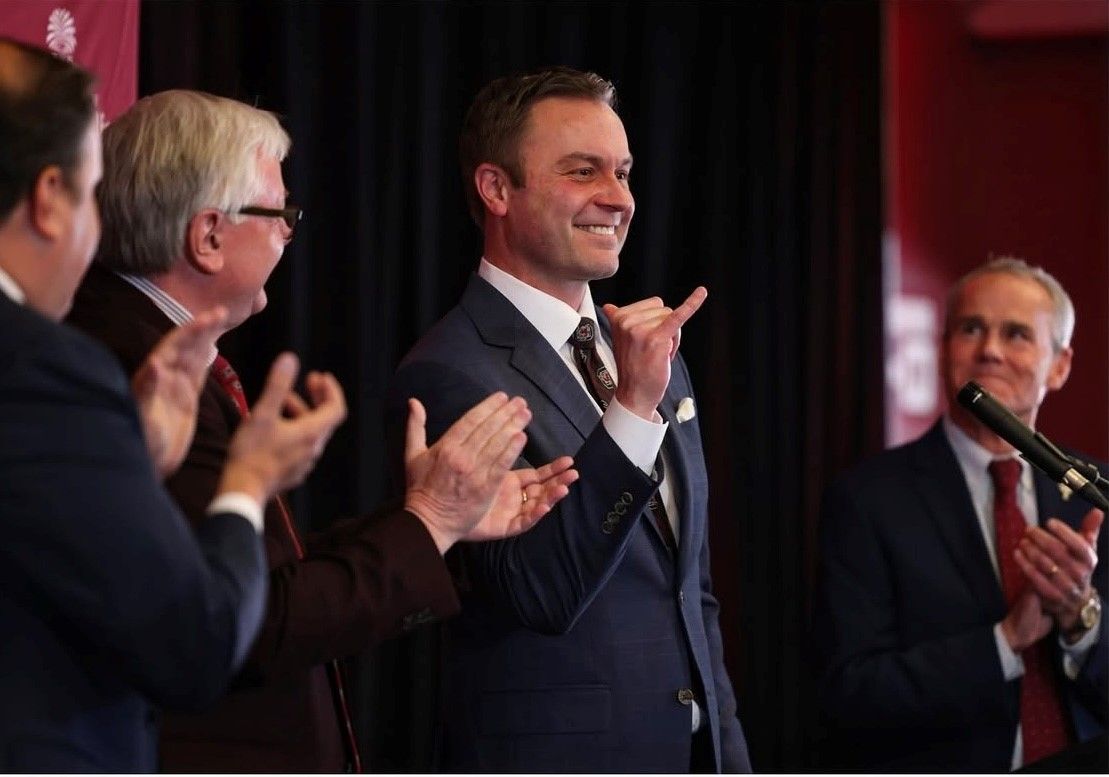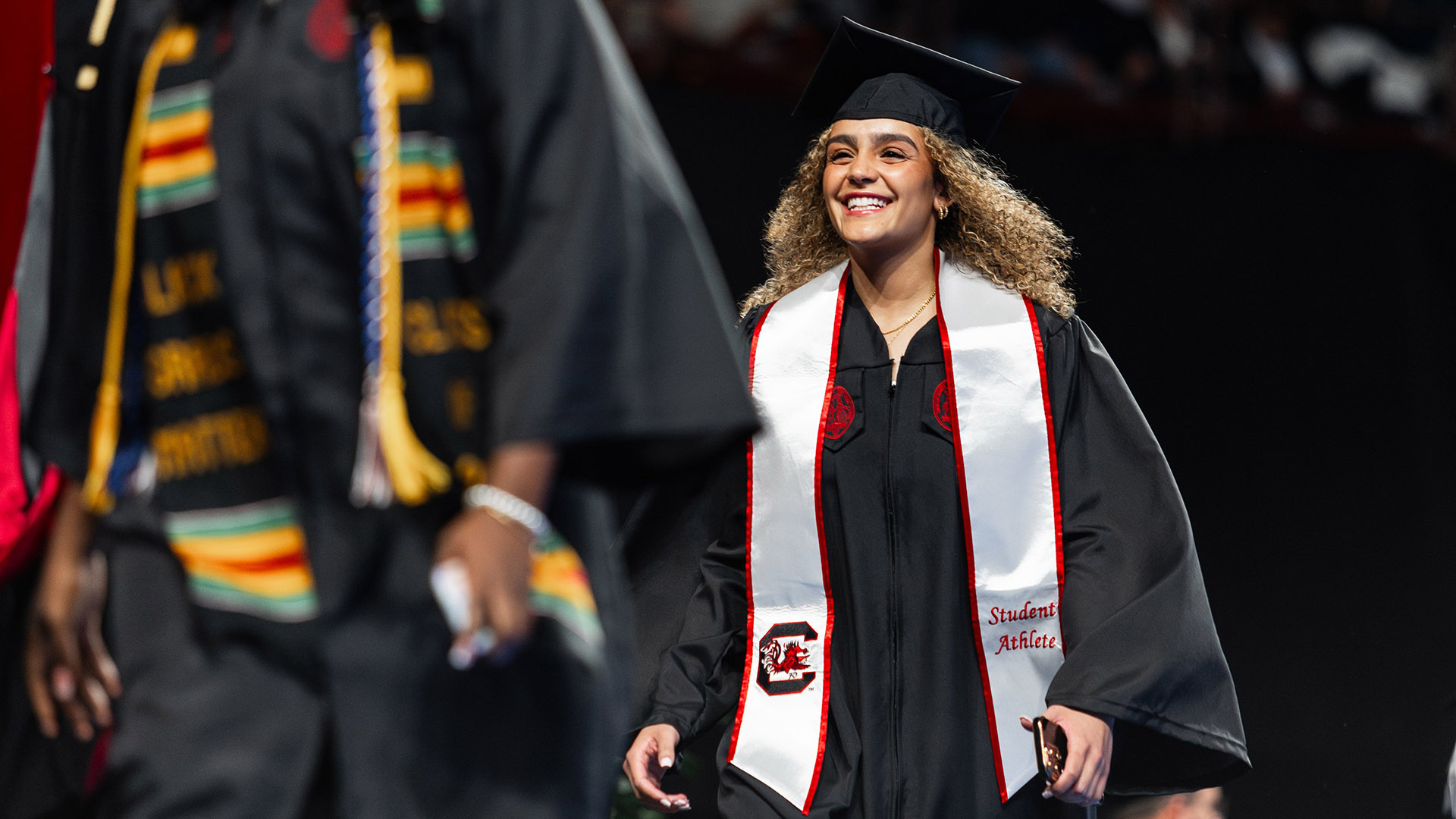Mackenhausen Shares Courageous Victory Over Eating Disorder
TRIGGER WARNING: Having an eating disorder looks different for everyone and a healthy body looks different for everyone. If you think you may have an eating disorder, please seek help regardless of your weight and appearance. Do not compare your body type and size to that of others.
Athletes are often looked upon as heroes, but not always for the right reason. South Carolina beach volleyball senior Hannah Mackenhausen is a hero, but not just because she’s good in the sand. She is a hero because she had the courage to get help as she battled anorexia, the courage to walk away from the sport she loved to make herself better, and the courage to come back when she was in a better place and share her story.
“I feel like I’m finally recovered at this point,” said Mackenhausen, who first realized she had a problem back when she was in the third grade. “The longer I am recovered, the more stable I will be.
“I wanted to be back. I needed to be back.”
EARLY SIGNS
Mackenhausen grew up in California, and what should have been care-free days of elementary school weren’t always that way. She was officially diagnosed with anorexia at the age of nine.
“I grew up seeing how skinny people were praised in media and TV,” Mackenhausen said. “I used to be a competitive swimmer, but I wasn’t eating. My mom noticed I was losing weight. She asked what was going on. My swimsuit was getting too big for me. I remember her making macaroni and cheese for me, and she said, you need to eat this!”
Identifying the problem was one thing but turning it around wasn’t a simple process. Mackenhausen went to different kinds of therapy and took medications to try to get on the right path with her eating.
She struggled through most of her high school and college years, realizing that while she loved competing in sports, athletic activity was also a trigger for her anorexia as she would exercise to excess without taking in necessary calories.
“Even when I was managing this OK, I was still filled with fear,” Mackenhausen said. “Eating was scary to me.”

“I now have a passion for a sport that I never truly had before because I’m playing without my eating disorder for the first time.”
HIGHS AND LOWS
Mackenhausen began taking advantage of the mental health resources available to South Carolina student-athletes off and on as a freshman by meeting with clinical psychologist Dr. Rhea Merck. She started meeting on a more regular basis last July. Although being on the beach volleyball team could act as a trigger for her issues, it also had some benefits, as did the consistent counseling.
“Being on the (beach volleyball) team helped in some ways because other people were counting on me,” Mackenhausen said. “The coaches took a risk on me, and I didn’t want to let them down.”
As she tried to manage her problem through college, she was never alone. Her parents bought a house in Columbia, and her father tried to keep an eye on her weight, but dad can’t control everything.
“My response to stress is that I’m not hungry,” Mackenhausen said. “I was still filled with fear. The less I ate, the more anxious I would get. So, I wasn’t eating, and I would over-exercise.”
Mackenhausen gained some traction in battling her eating disorder by listening to a podcast about eating disorder recovery, which was titled “All In.”
“It talked about eating until you weren’t hungry anymore,” Mackenhausen said. “This was a new concept for me. I couldn’t trust my hunger.
“I decided to eat until I was full and worked with an eating disorder coach.”
Preparing herself to gain weight wasn’t easy for someone who had gone through so much her whole life trying not to put on weight.
“I learned that the body needs energy, and it was in starvation mode,” Mackenhausen said. “You gain a lot of weight, and eventually it comes down. I told myself I would trust the process. I was eating five to ten thousand calories per day, but I was still scared of eating.”
In addition to an eating disorder coach, she continued to meet with Dr. Merck. While sports provided a trigger for trying to stay thinner than she needed to be, she also had goals for how she wanted to compete.
“I’m a very all or nothing person,” Mackenhausen said. “I want to be the best player for volleyball. I remember when it got really bad last year, and I almost passed out on the court. I was shaking really bad against Georgia State, and I had no body control.”
TOUGH DECISIONS
As she continued to force herself to eat, Mackenhausen faced a difficult internal battle.
“I gained 60 pounds,” Mackenhausen said. “That was uncomfortable. I started off pretty thin, so when I was heavier, it was an uncomfortable weight, but it was not unhealthy.”
Last summer, she went on a trip to Israel with a group from Fellowship of Christian Athletes to learn more about the roots of her faith.
“I got there on my birthday, and it was the worst day of my life,” Mackenhausen said. “I had to leave after the first day. I was very, very anxious. I could not control my shaking and dizziness. I left because I couldn’t eat and that would have jeopardized my recovery. I was also going through a period where I was crying a lot and dealing with depression. I had to pray about it a lot because it was a hard decision. Luckily, Ellie (Ruprich, indoor volleyball) was my roommate, and I shared my struggles with her. She was very supportive, and I spoke to one of the leaders on the trip and they helped me assess things. All of the staff were very affirming.
“I came home and fell into a very bad depression. I started talking with Dr. Merck again as well as my eating disorder coach.”
In order to help her body heal, Mackenhausen had to stop working out and competing.
“I told myself that it will be OK, but by the end of July, I didn’t feel like I knew myself anymore,” Mackenhausen said. “I felt lost. I had no desire to go back to beach volleyball. Volleyball was part of my eating disorder, so I had to take a step back. I just wanted to quit.”
Following more regular meetings with Dr. Merck and some medication, her body began to regulate itself properly again.
“During this time, I was hungry, but I didn’t want food. Then things got better,” Mackenhausen said. “During the first weeks of school this fall, I went to practice just to help out. Soon I decided I was coming back.
“It was the Friday before the first official week of practice. It was a very rash decision. I remember that it was a beautiful, sunny day. There was no turning back.
“That night I had a panic attack. I called my parents, and they told me to come over. I didn’t know at that time whether playing volleyball was going to be a trigger anymore because being at the practices wasn’t a trigger, but I didn’t know if playing the sport would actually trigger anything. I didn’t want everything I had been through the last few months to go to nothing. I was afraid of taking steps back because I had never made it that far in my recovery.
“When I was alone and having a panic attack, I would be on the floor, and I would reach up my hand and pray to God because I believe He is going to get me through whatever He allows to happen in my life. When I was with my parents, what affirmed me and made me so much more comfortable was their saying that no matter what, we will support you.”
While the initial decision to return to the sand was met with anxiety, she had the strength to take a step forward, and her faith and that unconditional love from her parents helped her to see it through.
“I decided it was time to challenge myself more, so I started training again,” Mackenhausen said. “It’s been pretty hard and pretty awesome!
“Looking back, this required a lot of patience from my parents. It’s what has made such an impact on me. They continuously listened. They continued to show that they supported me, no matter what. They took me to therapy even when it wasn’t making a huge transformation in my life right away. They didn’t look at me as I was broken and needed to be fixed. They just walked along side me in this journey.”
VICTORY
Mackenhausen is now competing with the Gamecocks and enjoying her senior season. She also has an eye on the future, which may include graduate school to study clinical mental health so that she could be a counselor some day to help others who are struggling. She may also pursue a dream of competing in the Olympics and trying to play professionally.
“After all of this, I now have a passion for a sport that I never truly had before because I’m playing without my eating disorder for the first time,” Mackenhausen said. “The idea of maybe being a coach or playing professionally has crossed my mind quite a bit lately. I’m taking it back to faith and praying about it.”
Life is good for Mackenhausen, and she hopes others who are struggling with eating disorders will know they are not alone and will seek help.
“Trust the process and be patient in it,” Mackenhausen said. “It’s so easy to want to rush the process. The results are going to happen; maybe not right away. For me, even when it didn’t feel healthy to be eating as many calories as I did, it was the healthiest thing for me. If I hadn’t done that, I wouldn’t be where I am now, in a healthy place.”












